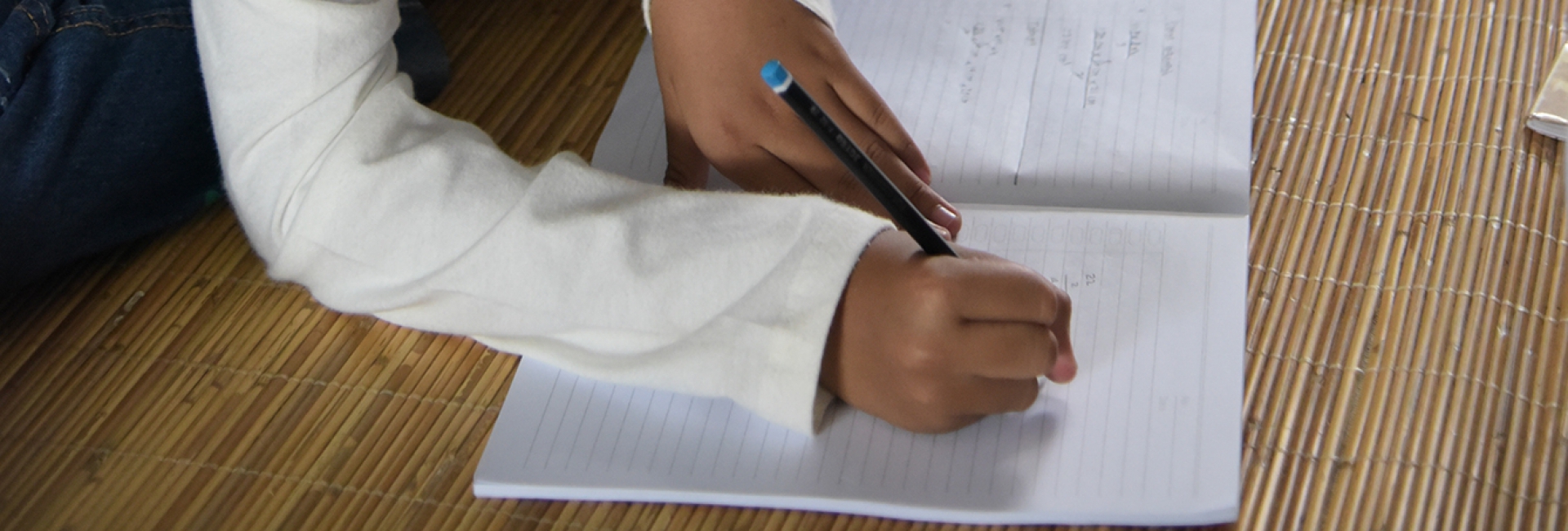The year 2021 marked The SMERU Research Institute’s 20-year journey in policy research. This year’s anniversary was celebrated with a series of discussions on the role of research in evidence-based policymaking and with the launch of a book titled 20 Tahun SMERU: Perjalanan Membangun Indonesia melalui Penelitian Kebijakan Promasyarakat Miskin (20 Years of SMERU: Journey of Developing Indonesia through Pro-Poor Policy Research). With two decades of experience, SMERU maintained its presence to keep conducting research as the basis for pro-poor policymaking.
The coronavirus disease 2019 (COVID-19) pandemic, which had persisted in 2021, affected many of SMERU’s projects.SMERU’s management kept adapting to the highly dynamic situations during the pandemic to ensure that research and operations continued effectively. After setting the protocols for safely conducting research during the pandemic, SMERU began resuming field research by using new methods and observing the health protocols in holding any inevitable face-toface meetings. All staff still worked from home with hybrid work arrangements when needed. As for internal organizational development, SMERU’s management appointed a new institute secretary, conducted staff capacity building, upgraded the human resource management and organization’s working procedures, and developed the business development unit. By the end of 2021, SMERU launched the SMERU Learning Centre (SMERU-LC) to contribute to sustainably improving research literacy.
Despite the challenges throughout 2021, SMERU managed to complete around 50 research and nonresearch projects, including 24 further studies on the COVID-19 pandemic’s socioeconomic impacts. Online mechanisms had allowed SMERU to continue to disseminate its research findings through the Forum of Development Studies (FKP) and other discussion forums. In collaboration with the East Java Provincial Government, in the Regional Development Forum (FPD), SMERU organized a policy discussion on accelerating poverty reduction with 15 kabupaten (district) governments, whose regions had been the loci of East Java’s poverty. SMERU also collaborated with Universitas Trunojoyo Madura to hold a national seminar titled “The Dynamics and Strategies of Poverty Reduction in East Java during and after the COVID-19 Pandemic”. Also, SMERU continued collaborating and building its network with various international and national funding institutions, the private sector, civil society organizations, and academics.
In 2021, SMERU lost Ilyas Saad (one of The SMERU Foundation’s supervisors) and Mukti Mulyana (senior communication staff) who passed away, leaving us behind. Our deepest thoughts and prayers are with the bereaved families. We extend our greatest appreciation to our late colleagues’ contribution to and hard work for SMERU.
Finally, we would like to thank all our staff and partners for their contribution and undying spirit to keep on working together amid the challenges that the pandemic threw at us. We believe that our collaboration will contribute to the manifestation of public and private policies that support poverty and inequality reduction in Indonesia in particular and the world in general.



